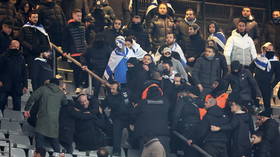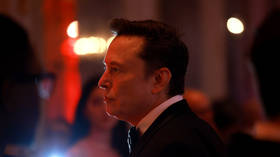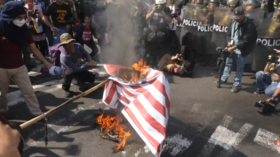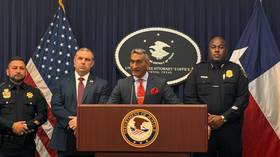Estonian President praises police for restoring stability
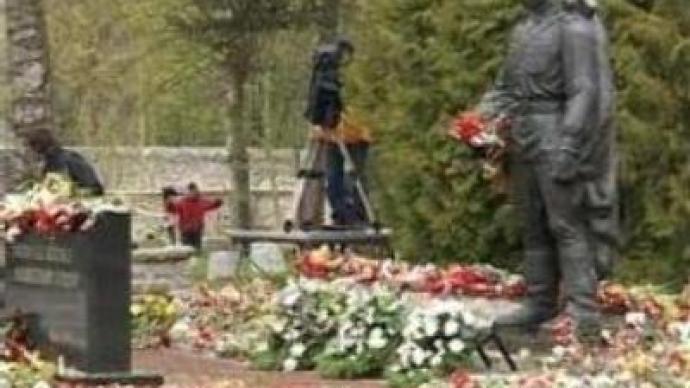
President Toomas Hendrik Ilves praised the police for restoring stability after clashes over the removal of the WW2 monument. But in its report the International Federation for Human Rights criticises Estonia for alleged human rights violations.
Fierce clashes that erupted between police and demonstrators two weeks ago in Tallinn showed the worst violence ever to hit the city. Now peace has been restored to the streets and even the anxiously-awaited arrival of Russia’s Victory Day on May 9 passed by without trouble. But while the physical signs of the rioting may be disappearing, the same cannot be said for the political aftermath. In a joint statement with a Latvia-based group the report called for steps to stop discrimination against Estonia's Russian-speaking minority. The it accuses demonstrators of vandalism and police of using excessive force during the riots. Russian youth activist's 7-day siege of the Estonian Embassy in Moscow was also condemned. The human rights groups urged Estonian authorities to carry out an unbiased investigation into the allegations and say the right to a fair trial must be guaranteed. “The first thing that a human rights organisation can do is attract attention to these problems because there is a danger the Estonian authorities could somehow put pressure on the detainees,” Jury Sokolovsky, Latvian Human Rights Committee member, thinks. “The fact this matter is now under control already, gives them the opportunity to seek support”. Estonian police say investigations are already underway with analysis both of their handling of events and the behaviour of protesters. But they deny claims they applied too much force when using tear gas, batons and flash bombs to control the rioting. “Police used minimum equipment and force, using as much as was really necessary in that situation,” Eerik Heldna from Criminal Police Department assured. “We had to deal with very aggressive people dangerous for other people and for themselves, who were not looking where they were throwing stones, bottles with gasoline, whether they were burning cars or smashing windows”. Whether guilty of human rights violations or not, the work of the police has won praise from Estonian authorities with the President personally thanking officers involved. Jury Zhuravlev from Nightwatch, an organisation against the removal of the Soviet War monument, is less than happy with the police’s behaviour. He says the protests were a last resort for Russians to show their frustration at years of inequality . “Discrimination does exist in Estonia. If there was none, we would not have such protests,” he believes. Estonia’s Prime Minister Andrus Ansip rejects claims of discrimination. He says there have been no human rights violations in Estonia and those who believe they have been treated unfairly should take their case to court. Russia's Foreign Ministry says it will raise the issue of the removal of the Bronze Soldier in Tallinn at the Ministers' Commitee meeting of the Council of Europe. While peace has returned to the Estonian capital, the effect on the political and diplomatic domain is far from over. There remains a tense divide between Estonians and the Russian-speaking minority, and it is difficult to see just how and if the two sides can be ever be fully integrated.
You can share this story on social media:



